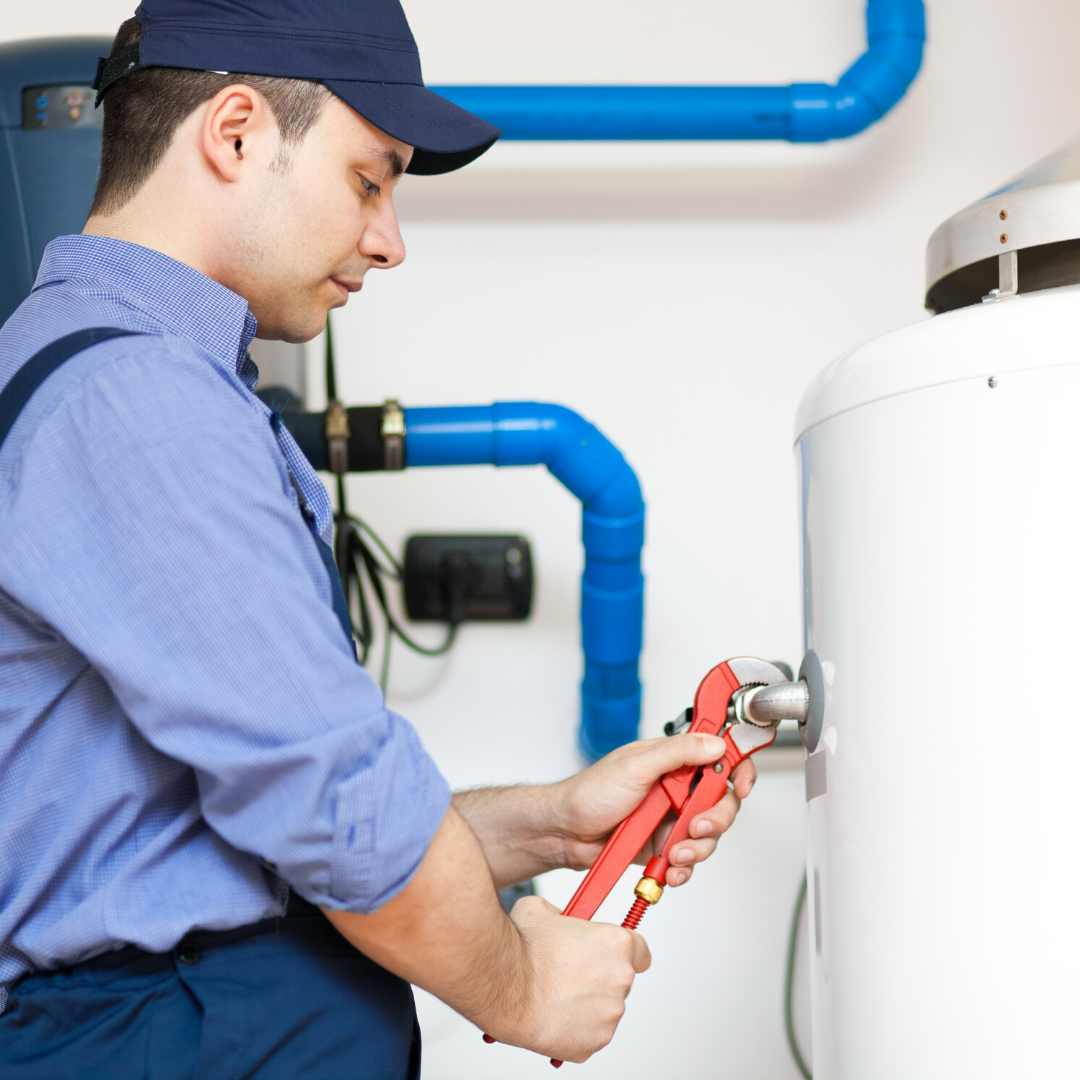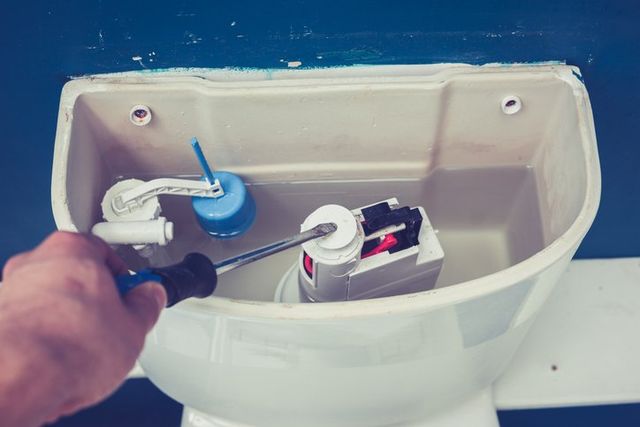Handling the Routine Hot Water Heater Crisis Events
Handling the Routine Hot Water Heater Crisis Events
Blog Article
What're your thoughts about Warning Signs You Need Water Heater Repairs?

A hot water heater is among the most essential basic devices that can be discovered in a residence. With water heaters, you don't require to experience the stress of heating water manually every single time there is a demand to take a bath, wash, or the meals. Nevertheless, there is constantly an opportunity that your hot water heater would break down similar to the majority of mechanical devices.
It is essential to keep in mind any kind of little malfunction and tackle it quickly prior to things leave hand. The majority of times, your hot water heater starts to malfunction when there is a build-up of debris as a result of continual use. As a preventative measure, periodic flushing of your water heater is advised to avoid sediment buildup and also protect against functional failure.
Typical water heater emergencies and just how to take care of them
Too little warm water
It may be that the water heating unit can not sustain the warm water demand for your apartment. You can upgrade your water heating unit to one with a larger capacity.
Varying water temperature.
Your water heater could begin creating water of various temperatures generally ice cool or hot hot. In this scenario, the first thing you do is to make sure that the temperature is readied to the desired level. If after doing this, the water temperature maintains altering during showers or various other activities, you could have a malfunctioning thermostat. There could be a requirement to replace either the thermostat or the home heating device of your water heater.
Leaky water heater tank.
A leaking container could be an indicator of corrosion. It could trigger damages to the flooring, wall as well as electric gadgets around it. You might also go to threat of having your home swamped. In this situation, you should shut off your water heater, permit it to cool down, as well as thoroughly look for the source of the issue. At times, all you need to do is to tighten a couple of screws or pipe links in cases of small leakages. But if this doesn't work as well as the leak lingers, you may require to use the solutions of a service technician for a suitable replacement.
Discolored or smelly water
When this occurs, you need to recognize if the concern is from the container or the water source. If there is no funny odor when you run cold water, then you are certain that it is your water heating system that is defective. The smelly water can be caused by rust or the accumulation of bacteria or debris in the water heating system storage tank.
Verdict
Some property owners ignore little caution and also minor faults in their hot water heater system. This just brings about further damage and a possible complete failure of your device. You ought to take care of your water heater faults as soon as they come up to prevent more expenses and unneeded emergency troubles.
With water heating systems, you don't require to go with the anxiety of home heating water manually every time there is a requirement to take a bathroom, do the laundry, or the dishes. It may be that the water heating system can not sustain the hot water need for your home. Your water heating unit could start generating water of various temperatures normally ice hot or cool warm. If there is no amusing smell when you run chilly water, after that you are specific that it is your water heating unit that is malfunctioning. The odiferous water can be created by corrosion or the buildup of microorganisms or debris in the water heating unit container.
What’s Wrong With My Water Heater?
Not Enough Hot Water
You probably encounter this problem in the shower or while washing dishes. As you run your water, you’ll notice it starting to cool down. Turning up the hot faucet may not work, or it may only heat the water for a short period. Your hot water probably comes back and works normally one or two hours after you use it up.
If you’ve never had enough hot water, your heater may be too small for your home. If you haven’t had a problem until recently, there’s probably something’s wrong with your heater’s thermostat. Try adjusting it to see if you can feel a difference. Even if the thermostat’s working, the heating element itself could have burnt out. It’s also possible that a clog has restricted water flow into or out of the heater. Luckily, none of these problems are hard to fix, as long as you call them in early.
Water is Too Hot
Unregulated water heaters can make water dangerously hot. You probably have this problem if you’ve been scalded by your hot water. It’s also a likely culprit if you have trouble getting your faucets to produce a comfortable temperature. This problem is easy to fix, but it can also be a serious health hazard if you don’t address it. If you think your water is too hot, don’t doubt yourself; look into it!
Start by finding your heater’s thermostat and mark its position with a pen. Turn the thermostat to a cooler setting. Wait a couple hours to see if the problem is solved. If it isn’t, listen for boiling in the tank and look for water that comes out of the faucet steaming. In those cases, your temperature-pressure relief valve may be malfunctioning. This is a serious problem that can be dangerous, so you should have it looked at right away.
Discolored or Smelly Water
If all your water looks rusty or smells weird, there’s probably a problem with your pipes. If only your hot water looks weird, however, your water heater is probably at fault. Hot water discoloration comes in several varieties. It could look orange or brown-ish, taste rusty, or feel grainy. It could also look yellow or green-ish and taste gross or feel slimy. Either way, it’s a sign that there’s something wrong with your water heater’s tank.
Usually, hot water discoloration means sediment has built up in your tank. Sediment is made up of hardened minerals that accumulate on the inside of the water heater’s walls. When enough sediment builds up, it causes all kinds of problems–including your discolored water. Try flushing your water heater tank to clean out built up sediment. If the water still tastes rusty, your tank’s rust-preventing anode rod may have worn out. A pro can replace an anode rod easily, but without one, your tank could rust beyond repair relatively quickly.
Leaking
Water heaters can leak from several different places, and each leak means something different. If the leak is coming from a pipe above the heater, it’s possible the tank itself hasn’t been compromised. The cold inlet, hot outlet, and T&P pipes could all leak from above. Try tightening the problematic valve. If that doesn’t work, then the valve or pipe will have to be replaced.
If the leak is coming from the bottom of the tank, it’s important to determine exactly where it is. The leak could be coming out of the drain valve or your T&P valve below the tank. You can replace those valves and preserve the tank itself. If you notice the water tank itself leaking, however, that probably means it’s corroded beyond the point-of-no-return. Leaking water heaters are a big deal, so you should get yours replaced ASAP.
https://www.punctualplumberdallas.com/blog/whats-wrong-water-heater/

Hopefully you enjoyed our piece on Common Hot Water Heater Problems. Thanks for spending some time to read our article. Are you aware of another individual who is enthusiastic about the niche? Why not promote it. Thank you for your time. Please check our site back soon.
Address plumbing urgencies. Report this page